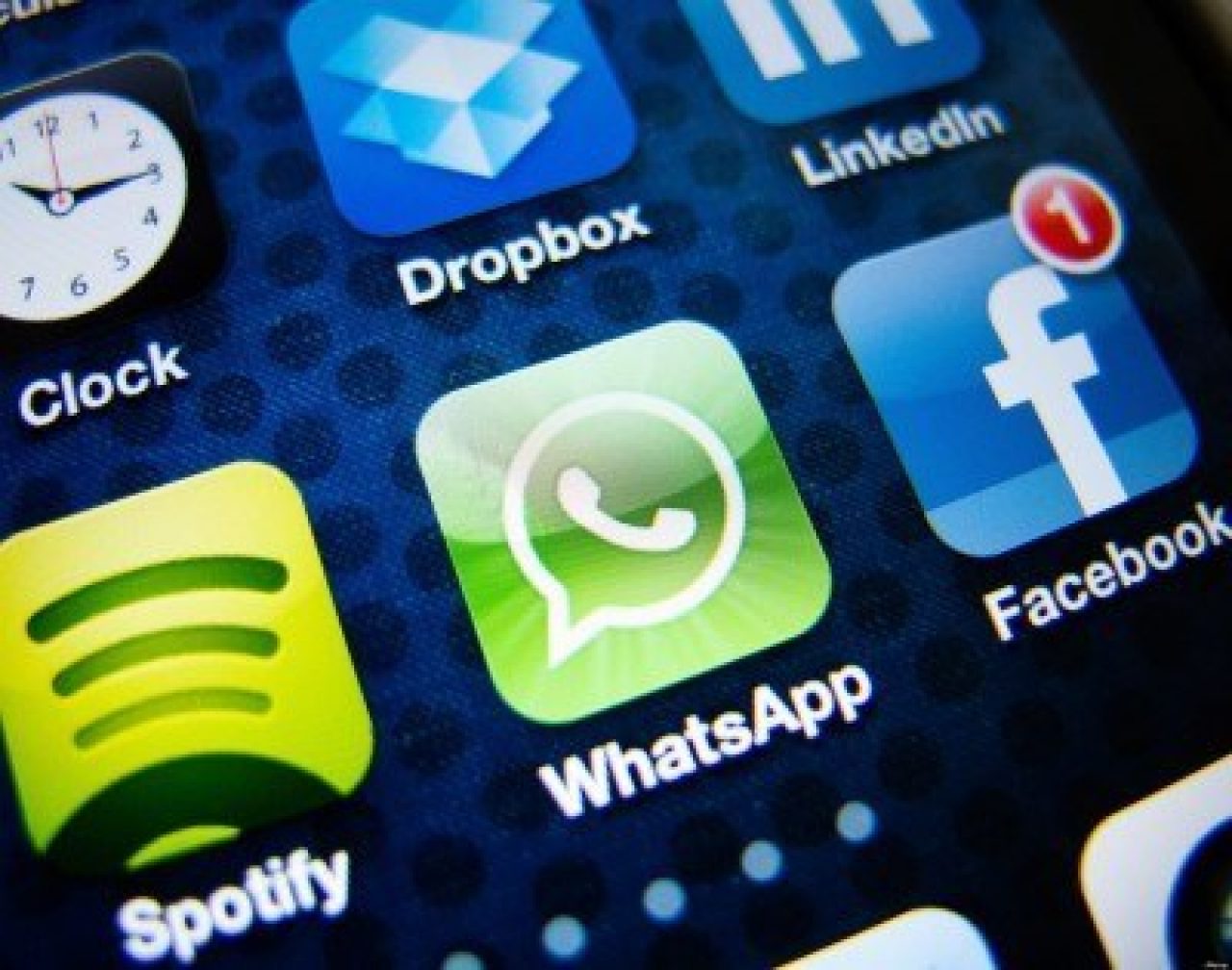What Is WhatsApp?
In one of the most surprising acquisitions in tech history, Facebook has purchased WhatsApp for $19 billion. What is WhatsApp, and why is it so valuable?
In one of the most surprising acquisitions in tech history, Facebook has announced a deal to purchase WhatsApp for $19 billion. Yes, you read that right, $19 billion. To give that some perspective, this price tag makes WhatsApp more expensive than American corporate giants like Gap, Harley Davidson, Under Armour, and Sony.
Brian Acton, a co-founder of WhatsApp, was an engineer at Yahoo for 11 years. But he joined lots of Americans in the hunt for a new job during 2009. He applied to Twitter and was turned down. A couple months later, he applied to Facebook and was turned down again! Now, five years later, he's dancing all the way to the bank, thanks to the biggest Silicon Valley acquisition in history. Just another illustration why you should never give up.
Introduction to WhatsApp
WhatsApp describes itself as a "cross-platform mobile messaging app." It works on iPhone, BlackBerry, Android, Windows Phone and Nokia -- and those phones can all message each other. It uses the same Internet data plan that customers use for email and web browsing, so there is no cost to message. In addition to basic messaging, WhatsApp users can create groups and send each other unlimited image, video, and audio messages.
Currently, WhatsApp has more than 450 million monthly users. Subscribers use the app for free for the first year, then $0.99 a year after that. WhatsApp has room to grow in the U.S., with plenty of people already using it in Europe -- a region where it seems to have a strong uptake, in spite of a plethora of other messaging apps. Why? A lot of it is because of the simplicity of its user interface. The app is easy to use and intuitive, as all apps strive to be.
Ultimately, the appeal of mobile messaging software is the same as anything else on a mobile platform: it's with you all the time, it's always connected, and it has an immediacy that can't be matched. When friends are on WhatsApp, iMessage or BlackBerry Messenger, it's like you've opened up an endless two-way chat room. Once it's open, the marginal cost of sending one more message, or sharing one more picture, is close to zero.
Bigger in Europe
The problems that WhatsApp solves could also explain why it's not such a big deal here. Most stateside mobile plans include unlimited text messaging, creating an all-you-can-eat mentality around messaging that didn't exist overseas, where users are often charged per message. In Europe, as well in other parts of the world, WhatsApp makes it easier -- not to mention more affordable -- to communicate with friends and family internationally.
In the U.S., apps like WhatsApp actually pose a significant threat to the major phone carriers (like AT&T, Sprint & Verizon) who charge their users much more than $0.99 a year for unlimited texting. And using your U.S.-based cellphone in other countries can rack up a large expense. WhatsApp, which works on WiFi networks, just seems like a more practical choice. Facebook must have recognized the immense potential of this technology when they made their historic purchase. We will see what happens a few years down the road!

 Member Connect
Member Connect